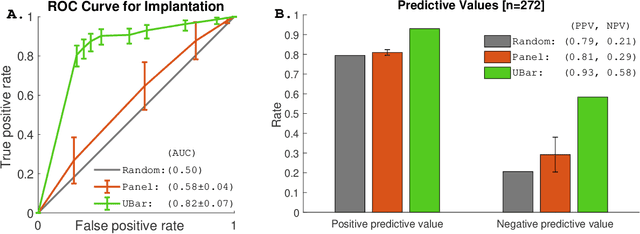Yael Gold-Zamir
Evaluating Gemini in an arena for learning
May 30, 2025



Abstract:Artificial intelligence (AI) is poised to transform education, but the research community lacks a robust, general benchmark to evaluate AI models for learning. To assess state-of-the-art support for educational use cases, we ran an "arena for learning" where educators and pedagogy experts conduct blind, head-to-head, multi-turn comparisons of leading AI models. In particular, $N = 189$ educators drew from their experience to role-play realistic learning use cases, interacting with two models sequentially, after which $N = 206$ experts judged which model better supported the user's learning goals. The arena evaluated a slate of state-of-the-art models: Gemini 2.5 Pro, Claude 3.7 Sonnet, GPT-4o, and OpenAI o3. Excluding ties, experts preferred Gemini 2.5 Pro in 73.2% of these match-ups -- ranking it first overall in the arena. Gemini 2.5 Pro also demonstrated markedly higher performance across key principles of good pedagogy. Altogether, these results position Gemini 2.5 Pro as a leading model for learning.
Data-Driven Prediction of Embryo Implantation Probability Using IVF Time-lapse Imaging
Jun 02, 2020
Abstract:The process of fertilizing a human egg outside the body in order to help those suffering from infertility to conceive is known as in vitro fertilization (IVF). Despite being the most effective method of assisted reproductive technology (ART), the average success rate of IVF is a mere 20-40%. One step that is critical to the success of the procedure is selecting which embryo to transfer to the patient, a process typically conducted manually and without any universally accepted and standardized criteria. In this paper we describe a novel data-driven system trained to directly predict embryo implantation probability from embryogenesis time-lapse imaging videos. Using retrospectively collected videos from 272 embryos, we demonstrate that, when compared to an external panel of embryologists, our algorithm results in a 12% increase of positive predictive value and a 29% increase of negative predictive value.
 Add to Chrome
Add to Chrome Add to Firefox
Add to Firefox Add to Edge
Add to Edge